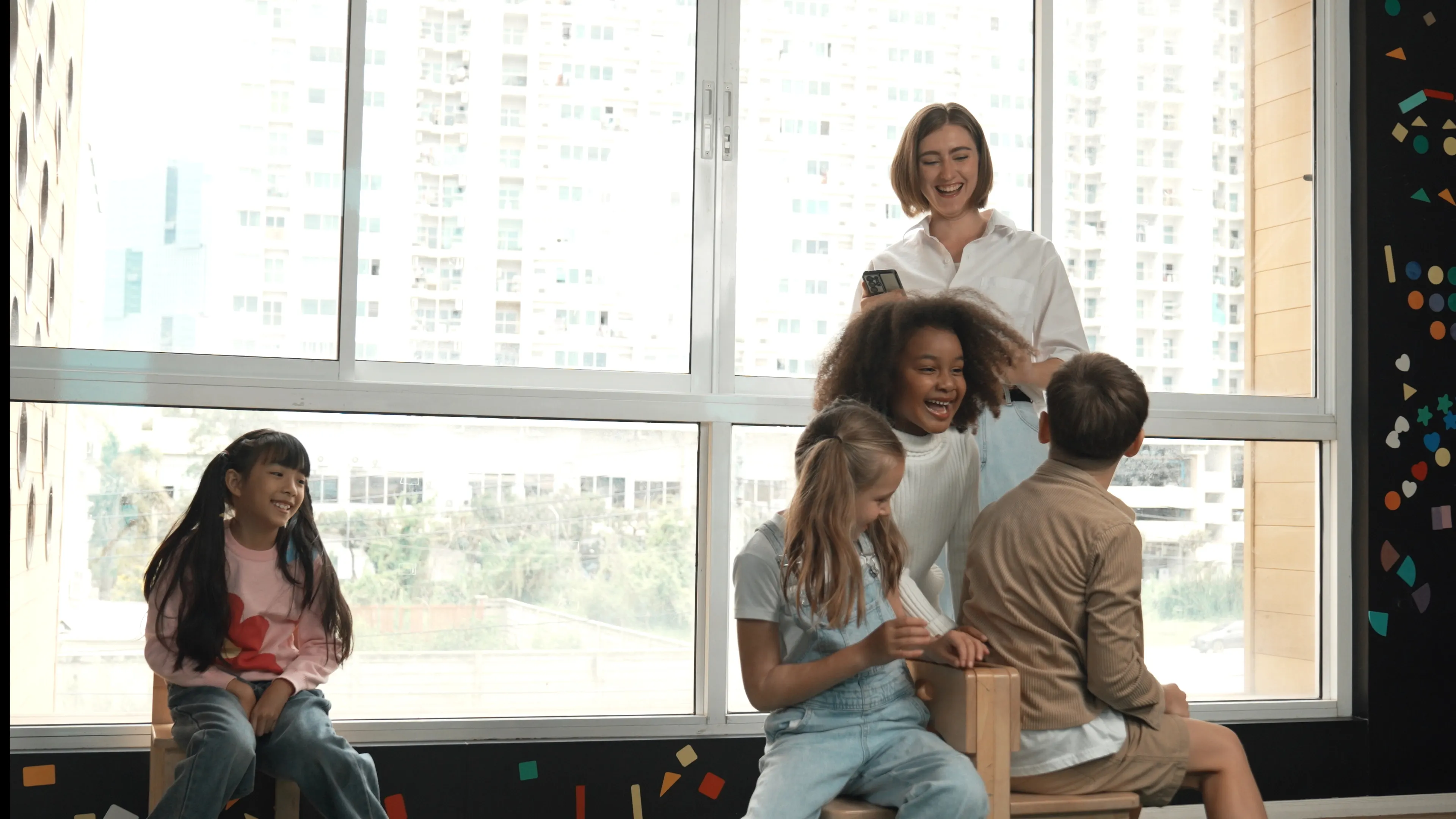
Supporting Young Children's Auditory Processing Development
Supporting auditory processing difficulties in young children can help to promote accelerated learning, memory, social developmental skills and language.
Research in auditory processing difficulties in the UK is now looking at putting in support to young children as soon as possible. It is hoped that by doing this any future problems will be ameliorated.
Just one ear infection is enough to cause future auditory processing difficulties, which can impact a child’s ability to listen, learn and communicate. In order to become successful learners, they need to maintain concentrated attention over prolonged periods of time. This is referred to as vigilance. Performing attention-related tasks in real life involves the need to ignore a variety of distractions and inhibit attention shifts to irrelevant activities.
Here are some fun ideas for activities that parents can do with their young children, to help develop good auditory processing, attention skills and to become more aware of their environment. Not to mention these are fun social interactions that will surely be enjoyed by all:
· Musical chairs or statues (develops vigilance)
· Simon Says (develops vigilance, auditory discrimination and following directions)
· Marco Polo/ Blind man’s bluff (develops localisation)
· Listening to stories/reading (develops attention, prosody, phonemic awareness)
· Same and different games – use similar sounding words or words that differ by one letter e.g. rock/lock (develops auditory discrimination)
· Phonological Awareness games – this is a great resource with plenty of ideas and resources to print out from The Leeds Community Healthcare NHS Trust.
· Music, Songs and rhymes (develops vigilance, auditory discrimination, following directions, interhemispheric transfer)
· Listening treasure box - Collect lots of things that make a noise, such as: Crinkly paper, Noisemaking toys, Pots and pans, Musical instruments, Books with noise buttons Explore! Listen and talk about them.
· Spot the mistake - Sing a simple rhyme or song, but make a mistake – can children spot the mistake? Incy wincy spider climbing up… a tree (should be spout) The wheels on the… train go round and round (should be bus) colour in Twinkle twinkle little… hat (should be star)
· Go games – wait for go. Build a tower of bricks. Your child waits for you to say “Go” before they can knock it down. Have a race – ready steady go… Push a car to each other – ready steady go…Dance around – ready steady go… Roll the ball – ready steady go…
· Where is that noise? Get a toy or play music on a CD player or phone or mp3 player. Hide the noisy object somewhere in the room – can your child find it?
This blog post was featured on the Advanced Brain Technologies blog here: https://advancedbrain.com/blog/index/
